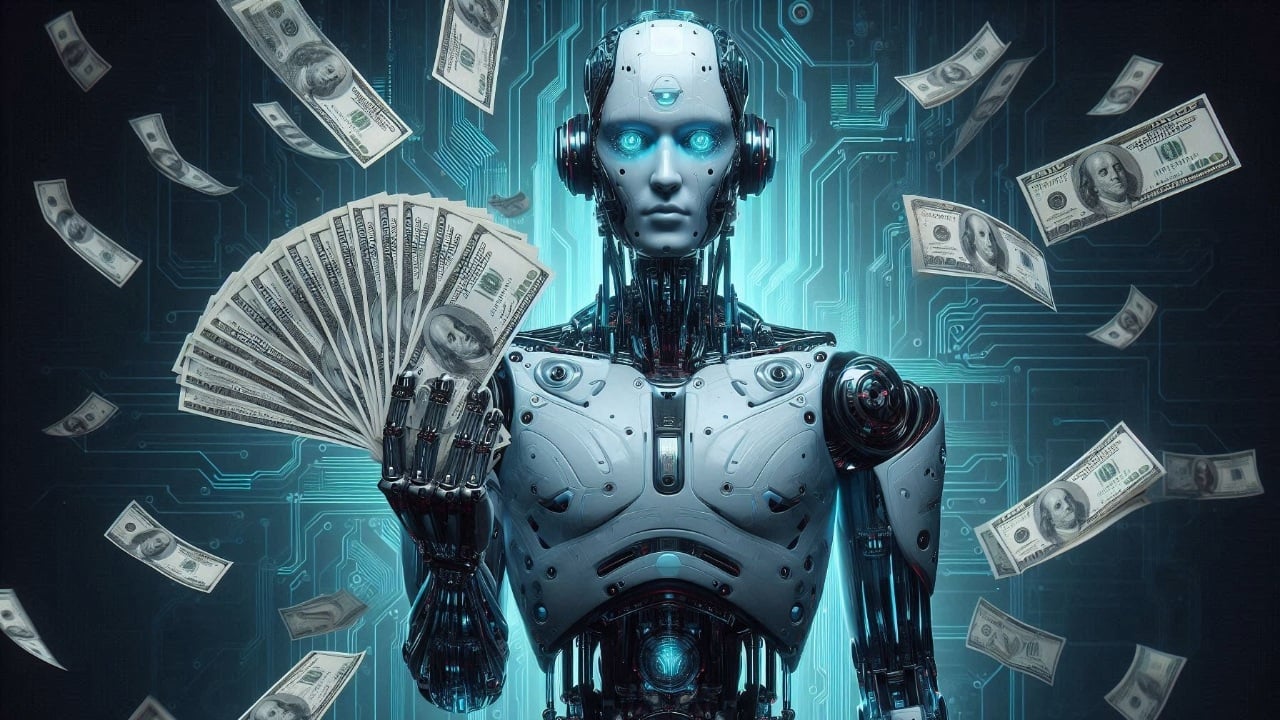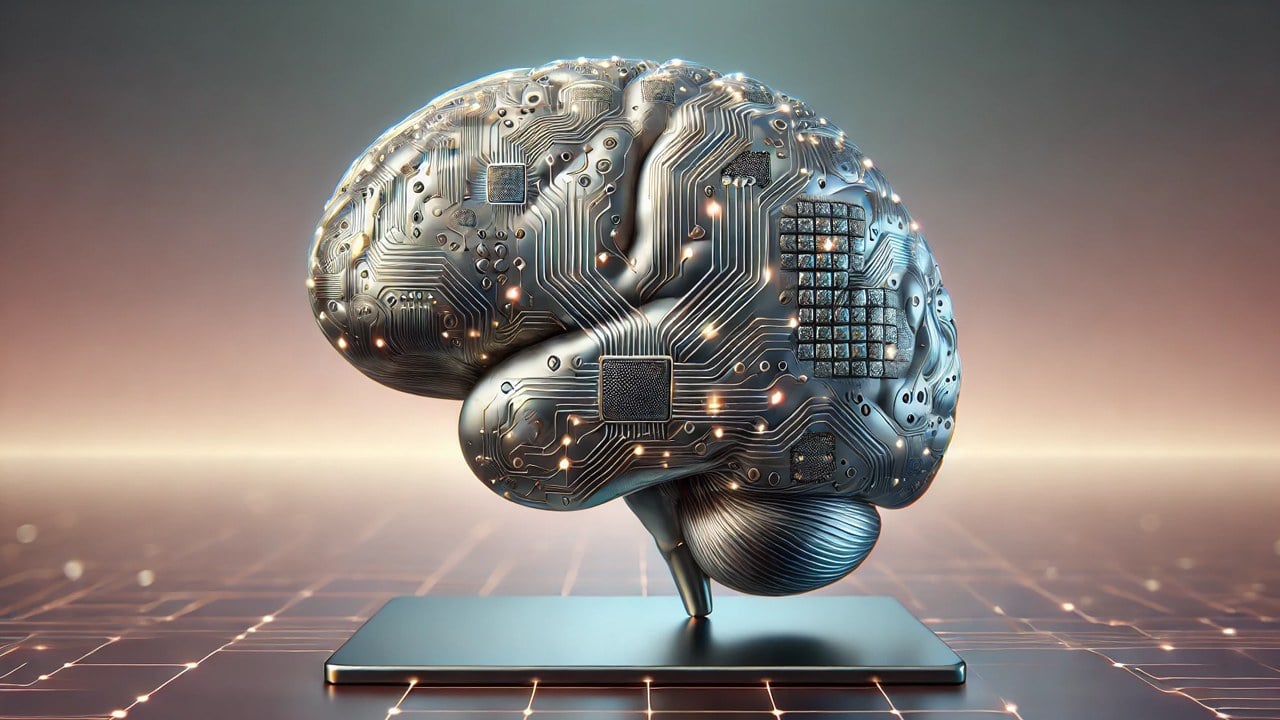Taiwan Semiconductor Manufacturing Company (TSMC) Chairman Dr. Mark Liu announced that TSMC’s Arizona chip project would experience a year-long delay in production due to challenges in finding skilled employees for advanced semiconductor fabrication. TSMC’s CEO admitted to worsening macroeconomic conditions affecting the chip sector. A connection was also made between over-projection, and the need for careful assessment of AI demand, referred to by Dr. Liu as a “short-term frenzy”.
TSMC’s revenue projections and market slowdown
TSMC’s CEO, Dr. Wei, admitted that the company had underestimated the worsening macroeconomic conditions affecting the chip sector. As a result, TSMC expects a 10% reduction in revenue by 2023. The growth or slowdown in revenue for various technology platforms powered by TSMC’s products revealed that only digital consumer electronics (DCE) and automotive saw growth in the second quarter. At the same time, high-performance computing (HPC) remained the largest segment, with a 44% share.
TSMC’s N3 Chip technology and macroeconomic outlook
The industry downturn coincides with TSMC’s high depreciation expenses for its N3 chip technology. The CEO highlighted that the macroeconomics had become weaker than anticipated, impacting end-market demand. Despite strong AI processor demand, it cannot offset the macroeconomic slowdown. Customers are also more cautious in their inventory control in the second half of the year.
Arizona Fab’s N4 production delay
Chairman Dr. Mark Liu announced that TSMC’s Arizona facility’s N4 production schedule is pushed back to 2025 due to challenges in finding suitable workers for installing chip manufacturing equipment at the plant. TSMC plans to bring in skilled workers from Taiwan to train local workers. The cost gaps in setting up the Arizona fab are as much as 50% higher compared to other facilities, and TSMC is working with the U.S. administration to address these issues.
Caution regarding AI demand and future projections
Dr. Liu urged caution regarding short-term trends in AI product demand and dismissed extrapolating such demand in the long term. He revealed that AI products currently represent 6% of TSMC’s revenue, and over the next five years, AI chips are expected to grow at a CAGR of 50%, making up a low-teens percentage of the company’s revenue. TSMC is confident that the trend of AI processors dominating a significant portion of data center processors is inevitable. While short-term cannibalization of data center processors by AI processors is likely, Dr. Liu predicts that as cloud service providers generate more AI service revenue, their CapEx will increase, aligning with the long-term AI processor demand.
Revenue projections for Q3 2023
TSMC’s Q3 2023 revenue is expected to experience a hefty drop in U.S. dollar terms. The company’s guidance indicates a minimum revenue of $16.7 billion and a maximum of $17.5 billion. Compared to Q3 2022, the lower-end guidance would result in a $3.5 billion annual drop in revenue from $20.23 billion.
TSMC’s recent earnings call and Chairman Dr. Mark Liu’s cautionary remarks shed light on the challenges faced by the semiconductor industry, coupled with uncertainties surrounding AI demand. The delay in N4 production at the Arizona facility underscores the importance of addressing the shortage of skilled workers in advanced semiconductor fabrication. Despite short-term hurdles, TSMC remains optimistic about the future and expects the fabless semiconductor industry to stabilize gradually. However, the company acknowledges the need to assess AI demand to make informed projections and decisions carefully.





